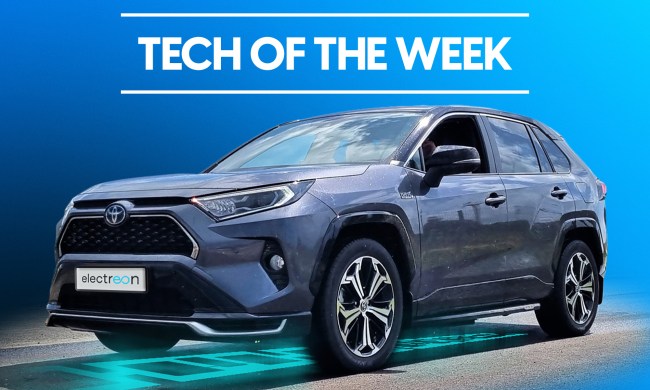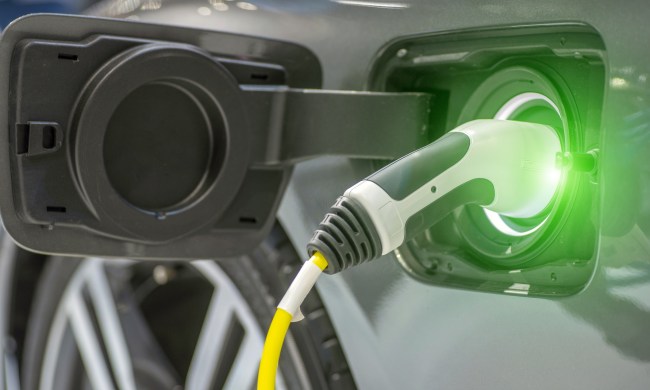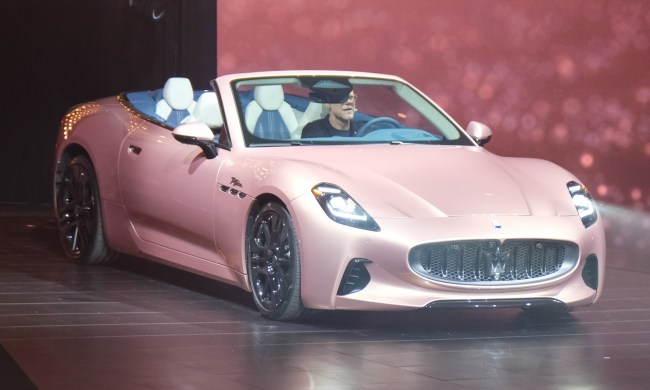While batteries for electric vehicles (EVs) are improving all the time, and more charging stations are continuing to come online, range anxiety is still an issue for some folks. For others it can simply be a hassle waiting for an EV to charge, especially if you need to be somewhere in a hurry.
Auto giant Stellantis is testing a potential solution for these issues in the form of a wireless charging technology that does the job as you drive.
The parent company of well-known brands such as Fiat, Jeep, and Chrysler said the Dynamic Wireless Power Transfer (DWPT) technology — developed by Israeli firm Electreon — uses coils placed under a road to charge a compatible vehicle as it drives over it.
A video (below) demonstrating the technology suggests that building numerous DWPT highways will take a great deal of work and cost a huge amount of money. But it is nevertheless an interesting approach to an ongoing issue, and would surely prove popular with EV drivers if it ever went mainstream.
The system is capable of integrating smart payment services, too, enabling a smooth and seamless driving experience in which you’d never have to perform a detour for a charging station or waste time waiting for your battery to get some juice. “No stopping, just driving,” Stellantis says.
Stellantis isn’t the first company to explore the idea of charging a vehicle wirelessly through everyday driving. A government-funded project in Sweden, for example, has also partnered with Electreon to incorporate the technology into a specially built road on Gotland Island south of Stockholm. Electric buses use the mile-long street to ferry passengers between the airport and the island’s main urban area, with the vehicles receiving power from a 200-meter stretch of road containing the technology.
The two-year project has proved such a success that in April the Swedish Transport Agency announced the trial would run for at least another year, with the extension enabling Electreon to upgrade the system with its latest technology and also trial the latest software for smart billing.
Sweden is considering using the wireless charging technology for a busy highway serving trucks in a move that would create a so-called “e-road” for the more efficient and greener transportation of goods.


